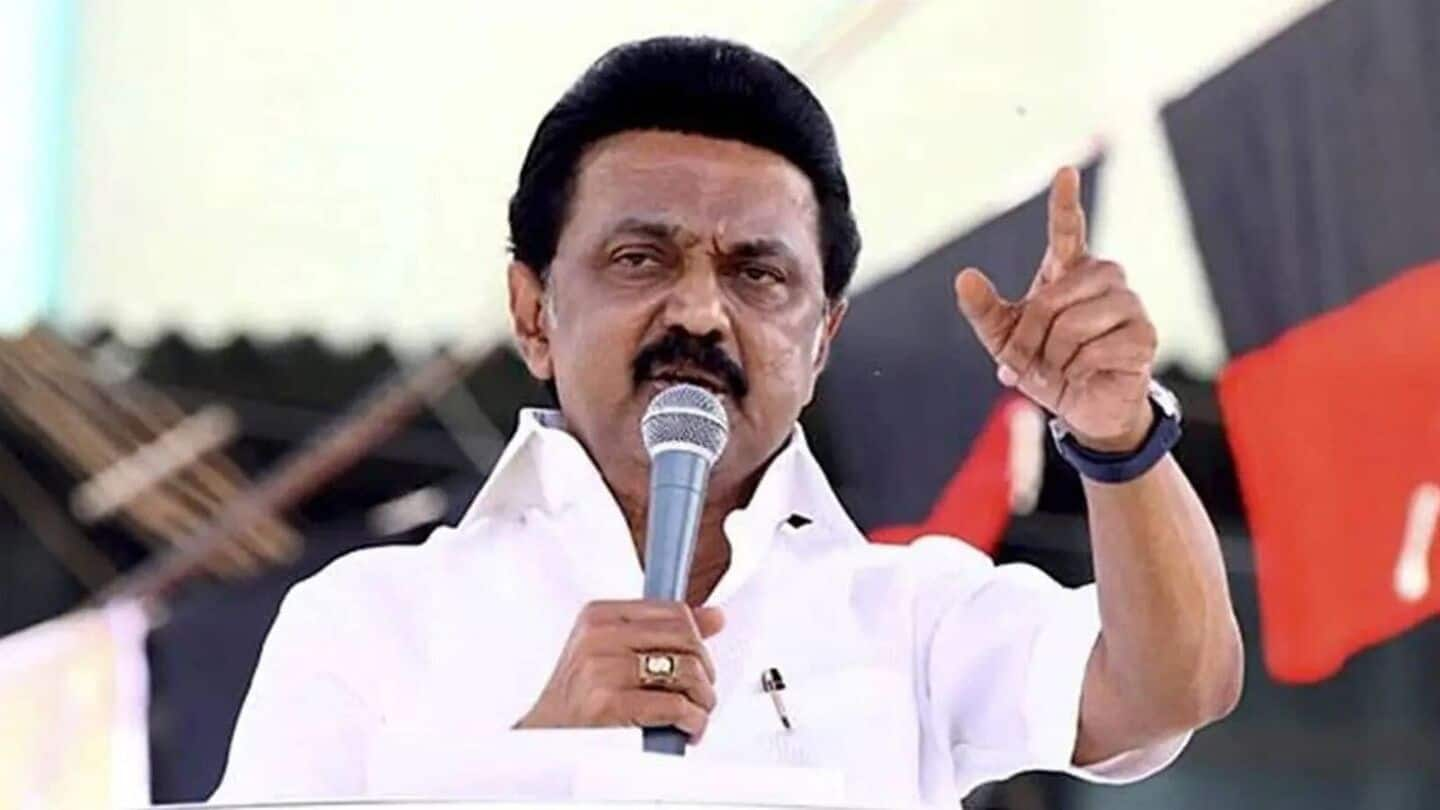
Stalin forms panel to recommend measures for Tamil Nadu's autonomy
What's the story
Tamil Nadu Chief Minister MK Stalin has formed a high-level committee to recommend measures on state autonomy and to improve working ties with the central government.
Other tasks for the committee include suggesting ways to return state subjects to the concurrent list. This means getting back areas of policymaking and governance that used to be handled by state governments but are now shared by the state and the Centre.
Advocacy
Stalin's stance on federalism and state autonomy
The panel will be headed by Kurian Joseph, a former Supreme Court judge, and two former IAS officers, Ashok Vardan Shetty and Mu Nagarajan.
During a debate on the two-language policy on March 25, he had disclosed plans for an announcement on state autonomy soon.
In the same way that his late father M Karunanidhi and chief minister CN Annadurai fought for state rights and federalism, Stalin has often maintained that federalism is India's strength.
Political stance
DMK's commitment to state autonomy
"We can protect the Tamil language and uplift Tamils only if we ensure state autonomy and uphold the rights of states," he said.
Recently, speaking at a seminar titled Kootatchi kotpade Indhiyavin valimai (federalism is India's strength), Stalin reiterated that "the effort towards a singular order of governance will only strengthen one person and associates closer to the power."
Autonomy for the state was also one of the key promises the party made in its manifesto before the 2021 elections.
Historical context
Rajamannar Committee's recommendations on center-state relations
In 1969, former CM Karunanidhi formed the Rajamannar Committee, chaired by Justice PV Rajamannar, to study Centre-state relations and recommend constitutional amendments for greater state autonomy.
The committee's 1971 report recommended a more equitable relationship between the union and states.
Its recommendations included a permanent interstate council for coordination between the Centre and states, making finance commission a permanent body to address fiscal imbalances.